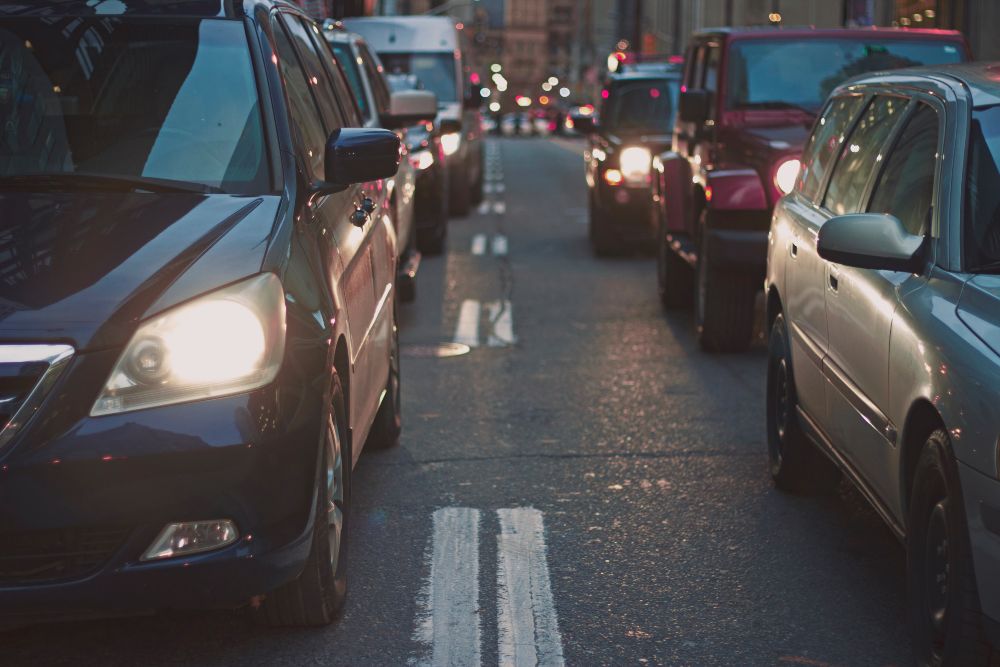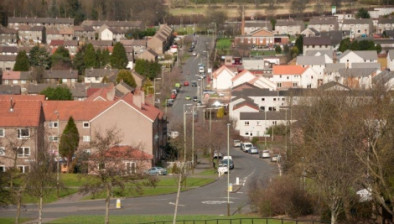Three in five Scots on low incomes worry about being able to afford transport, IPPR Scotland reports

Just over three in five people (62%) on low incomes in Scotland worry about being able to afford transport, according to research by think tank IPPR Scotland.
IPPR Scotland found that as the cost-of-living crisis intensifies, and as the nation looks to meet its interim targets to reduce carbon emissions, over half of people on low incomes in Scotland agree reducing reliance on cars would make Scotland fairer and greener.
The think tank says that people on low incomes want to see ‘radical change ’ to create a fairer transport system in Scotland which alleviates hardship and meets carbon reduction targets.
Polling of people in low-income households in Scotland by YouGov for IPPR Scotland, as part of this research, also has revealed that two in three people surveyed (66%) do not believe they are being listened to in decisions about transport where they live. At the same time, over half surveyed (56%) agree that reducing the need for cars to travel would make Scotland a fairer country.
IPPR researchers worked with people in Glasgow with household incomes of less than £15,000 per year, and supported them to develop ideas to make improvements to transport in Scotland.
These ideas, which experts at IPPR Scotland say should be enacted by policymakers in Scotland, include:
- Making public transport affordable, and an attractive option for everyone: Across Scotland, it should be possible to purchase a single, affordable ticket or season pass that provides access to community transport, local trains, buses and more. Scotland could follow in the footsteps of countries like Germany, who are offering their citizens a nine-euro monthly transport pass this summer in response to the energy crisis.
- Reimagining Scotland’s cities to prioritise people, not cars: There urgently needs to be a reduction in car use, less physical space given to cars – which spend most of the time parked– and more space created for walking, cycling, public transport, and to meet other local needs such as retail or hospitality and spaces for children to play.
- Involving citizens, who are experts in their own lives and places, in the decision-making process: This will make decisions better and fairer. In practice, it could involve deliberative processes and forums focused on a just transition for transport. They should be opportunities to empower people who live in low-income households, ethnic minority groups, young people, and those with disabilities.
Report author and principal research fellow, Becca Massey-Chase, said: “We urgently need to reduce emissions from road transport in Scotland, which makes up 69 per cent of Scotland’s greenhouse gas emissions. At the same time, if we involve people on low incomes in the process, then we can also make our transport system fairer.
“Affordable, accessible, sustainable transport supports people to work, learn, participate in their communities, and access support networks. But too many people in low incomes are locked out of these opportunities – this needs to change if Scotland is to meet the twin challenge of building a fairer future and reducing its carbon emissions”.
Philip Whyte, director of IPPR Scotland, added: “People on low incomes are less likely to be able to afford a car, but more likely to suffer the cost of people driving – in terms of their physical safety and health.
“As well as being a huge carbon emitter, our transport system isn’t working for so many people. As Scotland looks to reduce emissions from transport, an increased emphasis on policies that tackle the social injustices that our transport system currently perpetuates is sorely needed.”







